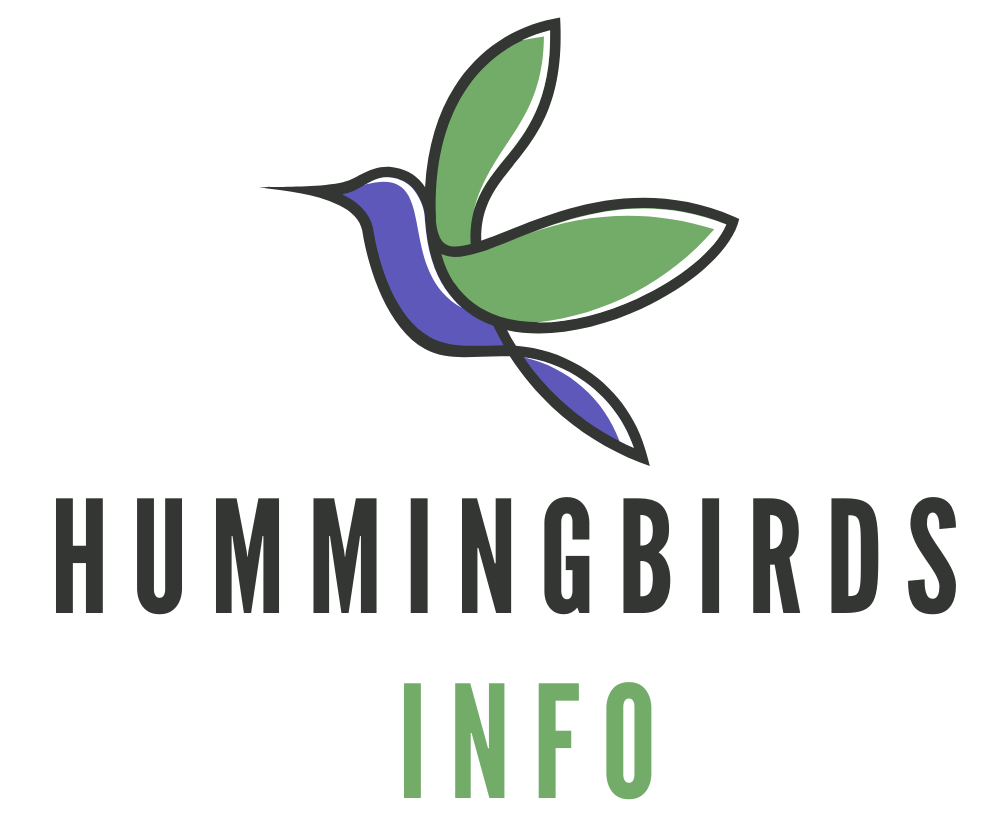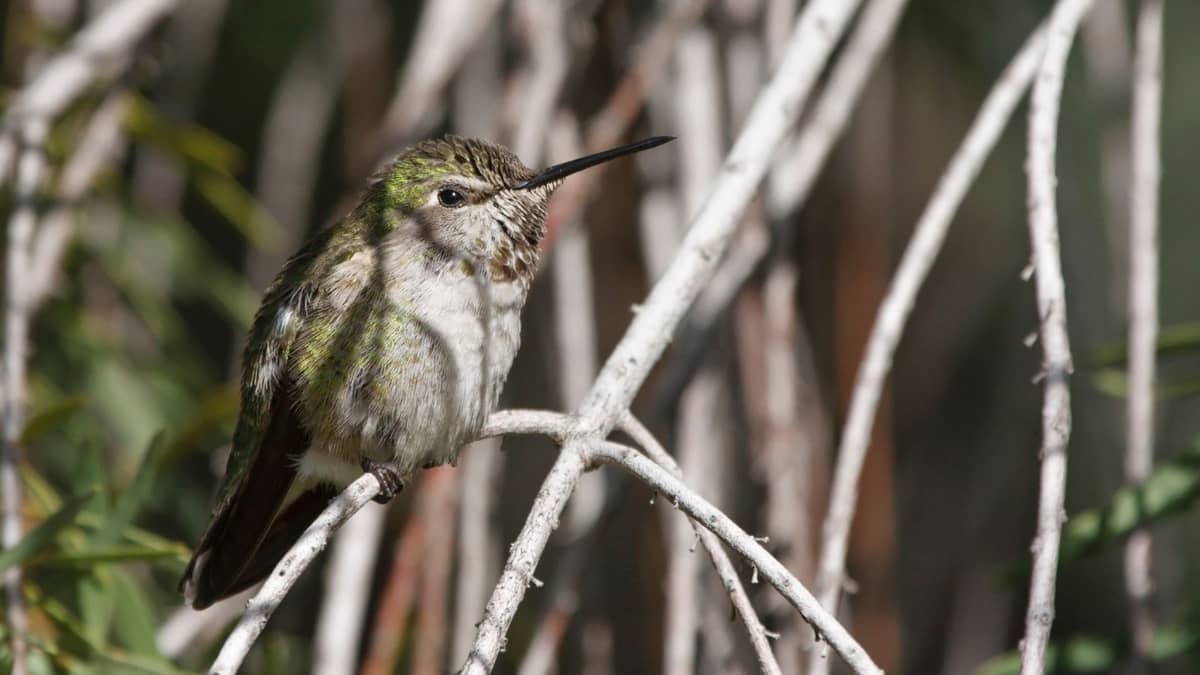Do hummingbirds have predators? What are the natural predators of hummingbirds? Some hummingbird species may look too small that one may think they aren’t so bothered by predators. This is not actually true.
Just like all wildlife, hummingbirds are exposed to all sorts of hazards from natural predators, to extreme weather conditions, pesticides, and so on. These natural predators pose a significant risk to hummingbirds and also to hummingbirds’ eggs or offspring.
The size of hummingbirds appears to make them really vulnerable to some predators. Care must therefore be taken when putting feeders out for these birds to ensure that they are not exposed too much to predators.
This is a guide on some of the natural predators of hummingbirds. How these predators go about hunting these little birds and how best to protect these beautiful tiny birds are covered in this guide.
So, if you are a lover of hummingbirds, then this will certainly be a helpful guide for you.
Natural Predators of Hummingbirds: Hummingbird Enemies
These are some of the most notorious natural predators of hummingbirds. So here are some of the list of hummingbird predators:
1. Cats
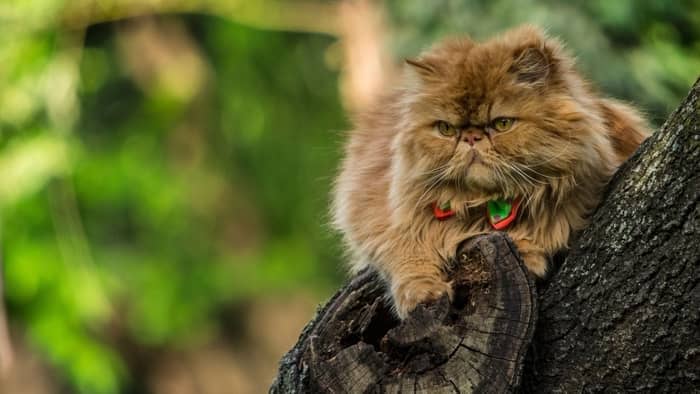
Both domestic and wild cats pose the greatest challenge to hummingbirds generally. They have been known to attack and prey on hummingbirds.
Cats are considered to be one of the major reasons why hummingbirds are close to extinction. Where feeders are hung high from the ground (at least 1.2m above ground level), it becomes difficult for cats to jump and attack high-flying hummingbirds that are feeding.
Additionally, it’s best to keep cats indoors for those who are also interested in watching hummingbirds.
2. Other larger birds
Other larger birds usually prey on these tiny little birds. Large birds like hawks and owls have been documented preying on hummingbirds. As a result of the size and strength of these large birds, it becomes relatively easy to prey on these little birds.
There are however situations where a hummingbird is seen defending its nest against a big bird. This fearless attitude accounts for the great admiration a lot of people have for hummingbirds.
3. Spiders
This may come as a surprise to many, but some larger spider species such as orb-weaver spiders have also been recorded to be preying on hummingbirds.
These little birds sometimes use the webs of the spider when building its nest. The web serves as a good substance to help hold the nest together. When the hummingbird is removing the nest, it must however be very careful to avoid being wrapped by the web and attacked by the spider.
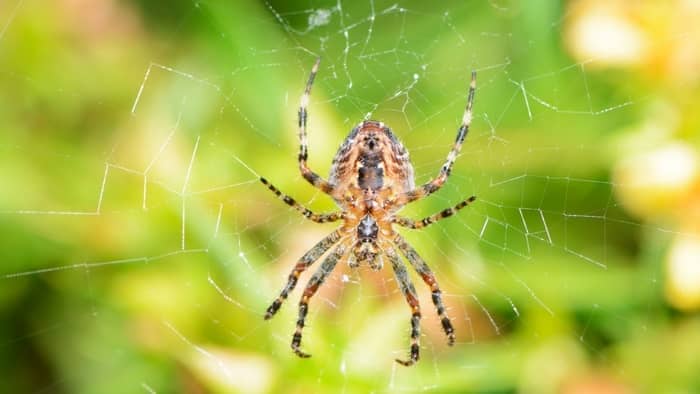
4. Snakes
This is one dangerous predator that usually lies in waiting for its prey. Snakes usually hide in a nearby bush in wait for these birds when they are feeding or humming absentmindedly.
Any hummingbird that comes within range when a snake is lying in wait is most likely going to get hurt.
5. Praying Mantises
Praying mantises insects are meat eaters and do not just concern themselves with eating just bugs. These insects are notorious for eating small birds, and the hummingbird is the most accessible bird to these insects.
These insects are usually found lurking around feeders and lying-in wait for other insects or bees also lurking around the feeders. However, on some occasions, the praying mantises kill and eat these birds.
- Other natural predators of hummingbirds include squirrels, chipmunks, blue jays, owls, orioles, crows, blue jays, frogs, and so on.
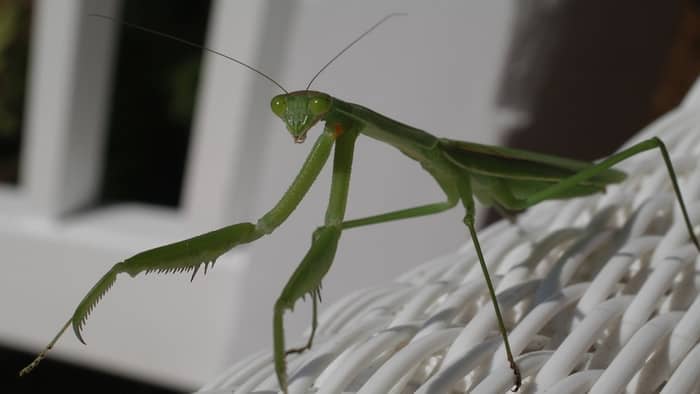
How Do Hummingbirds Protect Themselves From Predators?
Even with the different predators, hummingbirds are prone to, hummingbirds are one brave creature. Hummingbirds have been seen confronting or facing bigger predators such as hawks and defending their territory or nest. They are that fearless.
The mother hummingbirds also often build their nest in a very secretive place to protect their offspring from predators.
Read more about Rockport Hummingbird Fest
How To Protect Hummingbirds From Predators
Now we know about some of the major natural predators for hummingbirds, we need to get them protected. The following can be done to protect these birds from the claws of predators:
-
The feeders should be raised high from the ground
Putting hummingbird feeders at a reasonably high spot where some of these predators will not be able to get to them may help. Placing the feeders at a spot higher than 1.2 meters will go a long way to help.
-
Make sure to maintain a clean feeder
Ants such as bees, wasps, and so on are drawn to sweet things such as sugar. Some of the hummingbird predators such as praying mantis may be attracted to your feeder in search of these insects. This praying mantis may end up going for hummingbirds once it has the opportunity to do so.
Therefore, if the content of your feeder is spilled or you have any cracked feeders ensure you seal them up at once. Also, clean the outer part of your feeders regularly.
-
Keep animals that can be predators indoor
A domestic animal like a cat which is also natural predators to hummingbirds is dangerous to hummers. Therefore it is of utmost importance to keep them within the house.
If they must be allowed to move outside, then the feeders should be placed in such a way that the cats will not be able to have access to it.
Read more about Is Store Bought Hummingbird Nectar Safe
Conclusion On Natural Predators Of Hummingbirds
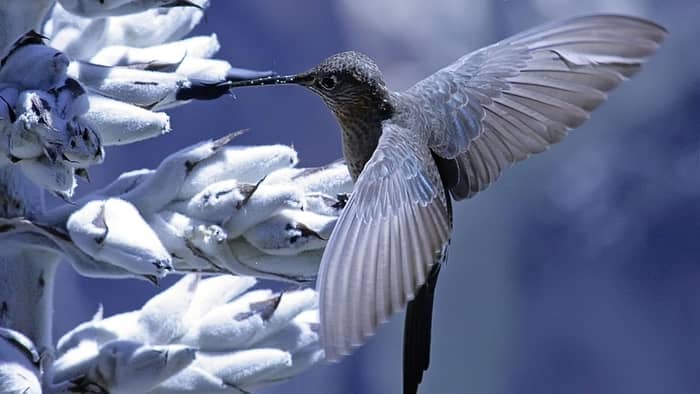
Due to the size of hummingbirds, they are usually susceptible to lots of prey. Hence, care must therefore be taken to ensure that while we are trying to attract them to our homes, we do not expose them to predators.
Some of the suggestions given above on how to protect the birds should be considered closely for their safety. So, when next you are trying to make your garden and its surroundings attractive to these birds, make sure to put some of these in place.
These birds are currently facing a lot of threats from predators. So, doing anything within our powers to keep them safe becomes absolutely necessary. So make sure not to expose hummingbirds within your vicinity to unnecessary dangers.
